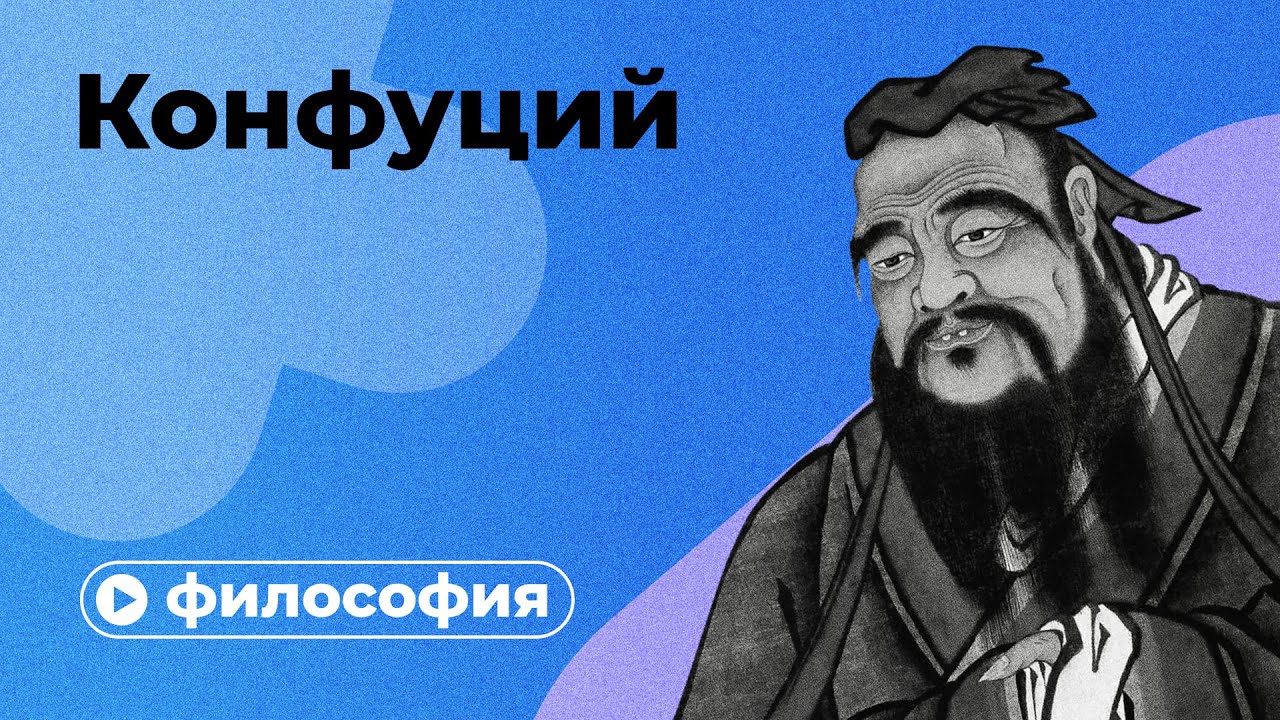Kongzi 1
Summary
TLDRThis video delves into the teachings of Confucius, emphasizing the importance of understanding his core ideas through the 'Analects.' It discusses Confucius's approach to morality, which is fluid and context-dependent, rather than rigid. The concept of 'Tian' or the patterns of Heaven is explored, highlighting its role in shaping societal values and behaviors. The video also touches on the fluidity of Confucian thought, challenging the Western perception of it as conservative, and stresses the philosophy's focus on maintaining social harmony and sustainability.
Takeaways
- 📚 Confucius, also known as Kong Fuzi, was a significant figure in Chinese history, born around 551 BCE in Eastern China.
- 👨🏫 Confucius transitioned from a bureaucratic role to a teacher, influencing an estimated 70 direct disciples and thousands of indirect students.
- 📖 The 'Analects' or 'Lunyu' is the main text attributed to Confucius, compiled and edited over 300 years and reflecting his teachings and those of his disciples.
- 🌟 Confucius's teachings are not fixed concepts but rather fluid ideas found in actions, especially in social interactions.
- 🤔 Confucius's responses to questions were tailored to the individual, reflecting their unique life experiences and social contexts.
- 🔄 The concept of 'Tian' in Confucianism refers to the patterns of Heaven, which are the natural order and societal values, not an interventionist deity.
- 👥 Confucius emphasized the importance of social stability, longevity, and continuity, focusing on the collective rather than the individual.
- 🌐 'Tian' encompasses a broad set of patterns including history, culture, institutions, and experiences that shape society.
- 🔄 Confucianism is fluid and adaptive, with room for change, unlike rigid or conservative philosophies that resist modification.
- 🌱 The sustainability of social structures is a core concern in Confucianism, with an emphasis on maintaining the social fabric over specific traditions.
Q & A
Who is Confucius and when was he born?
-Confucius, also known as Kong Zi or Master Kong, was a Chinese philosopher and teacher born around 551 BCE in present-day Eastern China.
What was Confucius' profession before he became a teacher?
-Before becoming a teacher, Confucius was a bureaucrat, though the exact nature of his role is subject to varying historical accounts.
How many direct disciples did Confucius have, and what was the estimated number of his immediate students?
-Confucius had an estimated 70 to 77 direct disciples, and the teachings were passed down to about 3,000 immediate students.
What is the main text attributed to Confucius' teachings known as?
-The main text attributed to Confucius' teachings is called the 'Lunyu' or 'Analects' in English, which means 'ordered sayings.'
How long did the compilation and editing of the 'Analects' take?
-The 'Analects' was a text that was constructed and edited over a period of about 300 years.
What is the significance of 'Tian' in Confucian philosophy?
-In Confucian philosophy, 'Tian' refers to the patterns of Heaven, which represents the natural order of the world and how things are, rather than a deity or transcendental realm.
How does Confucius' approach to teaching differ from Western philosophical concepts?
-Confucius' approach is more concrete and situational, focusing on social interaction and context rather than abstract, fixed definitions found in some Western philosophies.
Why does Confucius sometimes give different answers to the same question from his disciples?
-Confucius tailors his answers to the individual characteristics, experiences, and life circumstances of his disciples, emphasizing the importance of subjective experiences and social context.
What is the role of 'Heaven' in shaping human behavior according to Confucianism?
-In Confucianism, 'Heaven' is a collective set of patterns including history, culture, institutions, and experiences that influence and guide human behavior towards a sustainable social structure.
How does Confucianism view the fluidity and change within society?
-Confucianism views society as a fluid and constantly evolving entity, with room for change and adaptation, while still maintaining a discernible unified direction guided by the patterns of Heaven.
What is the core idea that will be discussed in the next video regarding Confucianism?
-The core idea to be discussed in the next video is 'Li,' which is a fundamental concept in Confucianism related to propriety, ritual, and the maintenance of social order.
Outlines

此内容仅限付费用户访问。 请升级后访问。
立即升级Mindmap

此内容仅限付费用户访问。 请升级后访问。
立即升级Keywords

此内容仅限付费用户访问。 请升级后访问。
立即升级Highlights

此内容仅限付费用户访问。 请升级后访问。
立即升级Transcripts

此内容仅限付费用户访问。 请升级后访问。
立即升级5.0 / 5 (0 votes)






